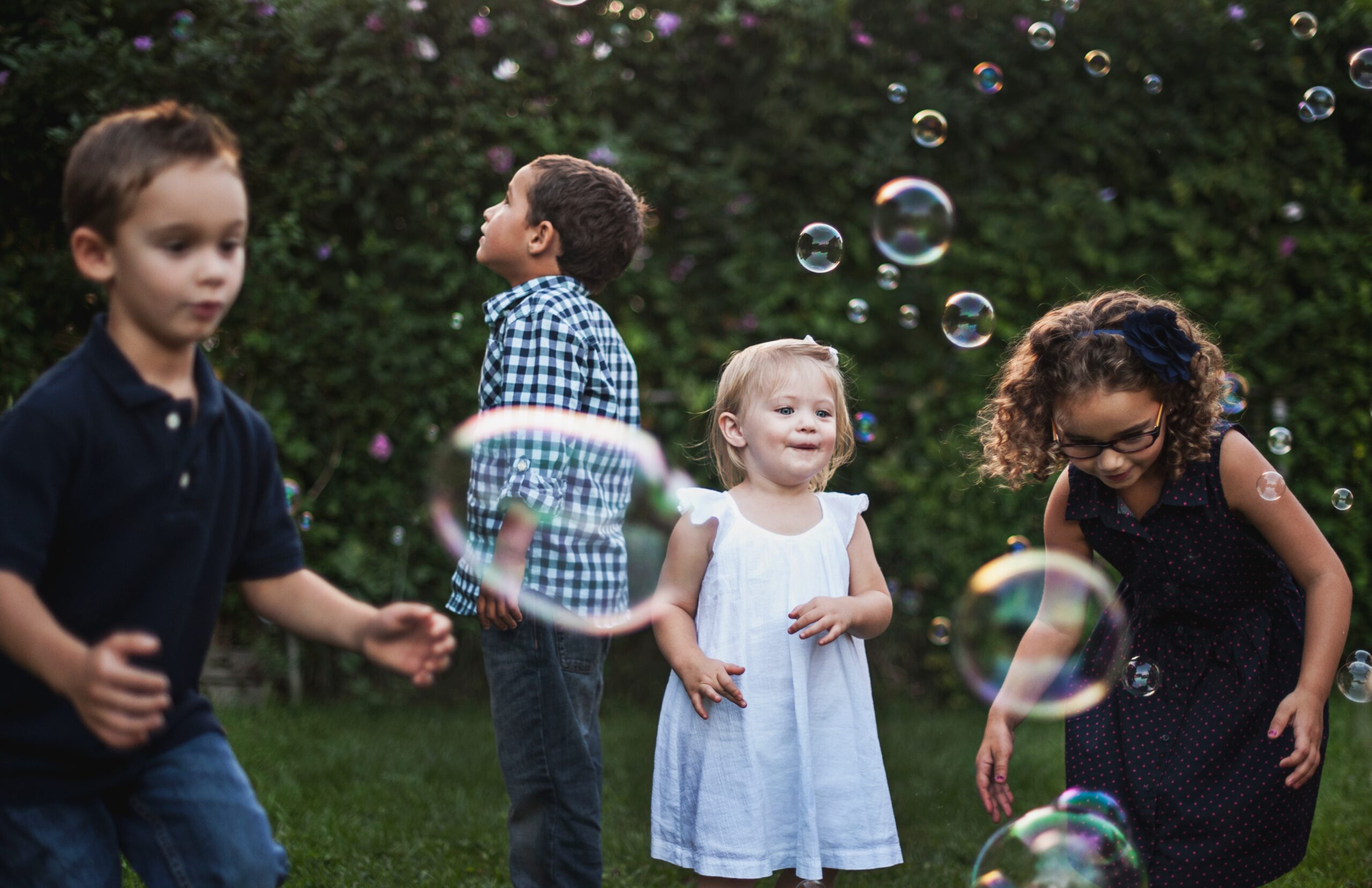Friends are really important to our kids’ lives. Even young children play together and can have friends, even though group play doesn’t fully evolve until age 3. So, it’s never too early to help your child develop friendship-making skills.
Friends enrich our lives and enhance our self-esteem and social skills. They’ve got our backs, they teach us to communicate with others, control our emotions, resolve conflicts, apologize and accept apologies. Healthy friendships can also empower our children, giving them a sense of belonging and identity.
As kids, having friendships is fertile ground for practicing so many interpersonal skills they’ll need as adults. So developmentally speaking, having friendships is just as important as academic achievements. It’s critical – and it’s a skill they’ll be getting better at for the rest of their lives.
However, none of this is easy, and little of it comes intuitively. So, if you have a child who is struggling to make friends, there’s some work you can do together to improve these friendship skills.
1. Observe Your Child Socializing
As parents, we’ve got to pay attention. We can start to notice our children around others – what are their strengths and weaknesses? Do they tend to act differently around other children than they do at home? Do they have difficulty starting conversations? Are they more comfortable in groups or 1-on-1?
Then, based on what we’re observing, we can narrow the focus of the teaching we want to do as it relates to friendship.
Here are some of the things that tell us there are opportunities to coach our kids in their social skills:
- They tell us straight up they’re having a hard time making friends or that they wish they had more friends.
- We notice they don’t have friends or tend to be alone often in social situations.
- They have a hard time starting friendships. Maybe they see other kids playing but they don’t know what to do or say. Or we notice they’re saying things that aren’t really appropriate for that moment.
- They have a hard time keeping friends. So maybe there’s an opportunity there to coach around cooperating or listening.
If your child is having trouble making or keeping friends, try to gather information about what works and what doesn’t. Maybe they just don’t know enough about social skills or haven’t had the practice they need to put them to use.
Whatever it is, I’d encourage you to open that channel of communication with your kids. It’s important to talk directly about their friendships and how they perceive their interactions. It’s an awareness that leads to an area of focus that leads to conversation and coaching.
2. Coach Conversation Skills
To make new friends, our kids have to learn how to introduce themselves to others and think of appropriate things to say. They also need to learn to listen well and provide appropriate feedback.
We can help by modeling good communication skills at home and engaging our children in reciprical conversations. We can teach them what to do and say – giving them super simple little scripts or things to say when they don’t know where to start. We can tell them that if they’re going to meet a new friend, they can share something they like and ask what their new friend likes.
By teaching our children the power of asking questions, they can start to develop such a powerful conversation tool. People’s favorite topic to talk about is themselves! It’s just human nature. So, it’s no surprise that asking questions helps our kids to make friends.
We can walk them through each step of interacting with others and role play it together before they use it on others. And like anything else we’re teaching and coaching – we can be sure to offer plenty of encouragement and positive feedback as our kids are trying these new skills they’re learning.
3. Emphasize Self-Regulation Skills
And as I often say, our children need to learn to regulate their own emotions so that they can have meaningful friendships.
We know from research that kids are more likely to develop strong self-regulation skills if they’ve grown up with a parent who talks to them about it – about how to cope with their emotions and big feelings. The stronger your child’s self-regulation skills, the more likely they’ll be able to develop positive peer relationships as they get older.
On the flip side, studies suggest that kids develop weaker self-regulation skills when their parents react dismissively (“You’re just being silly!”) or punitively (“Go to your room!”) to their children’s negative emotions. So when kids get upset, it’s worth taking the time to understand their feelings, and actively teach them how to handle these feelings in a healthy, constructive way.
As the new school year starts, how are you focusing on helping your children develop their friendship-making skills? Let us know in the comments below!

+ show Comments
- Hide Comments
add a comment